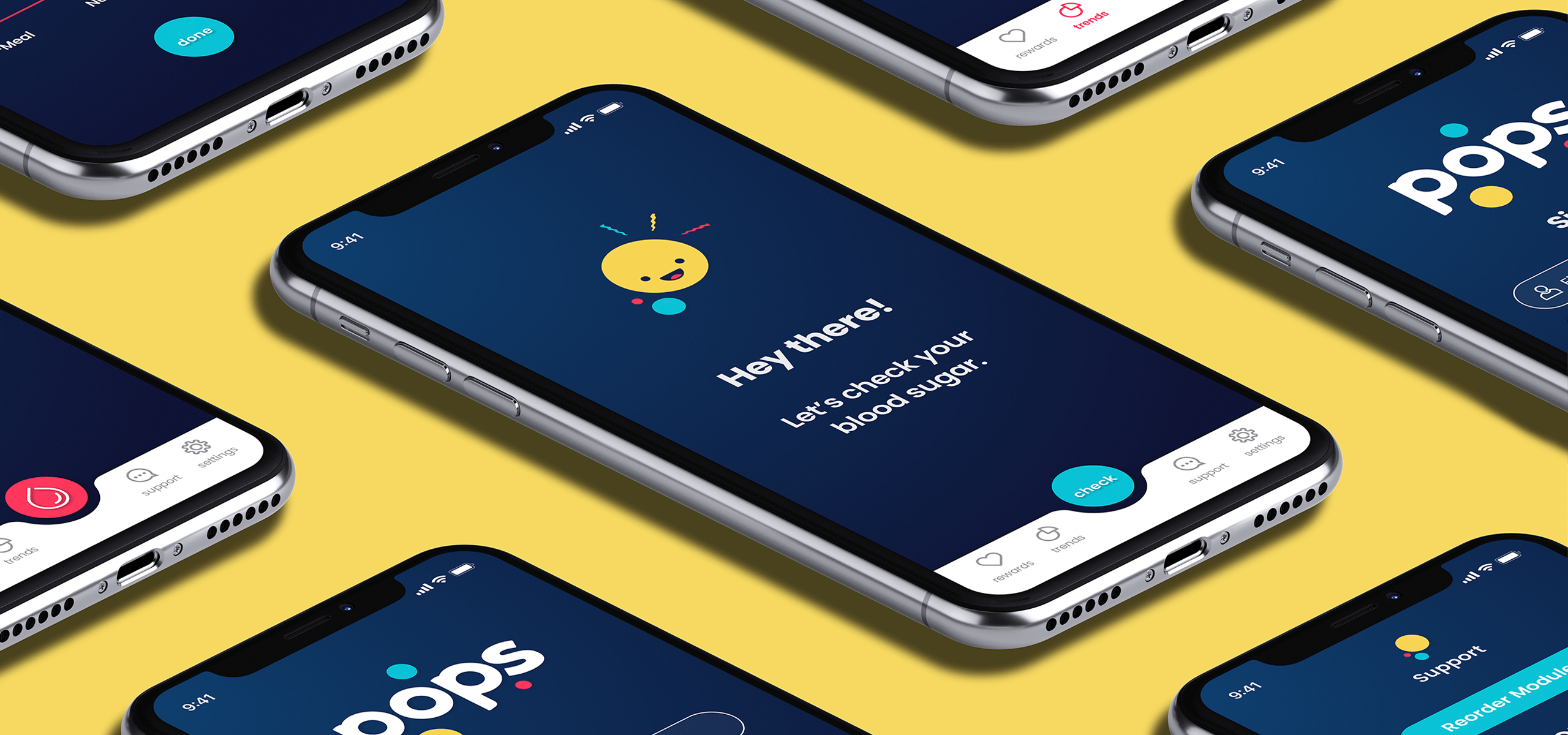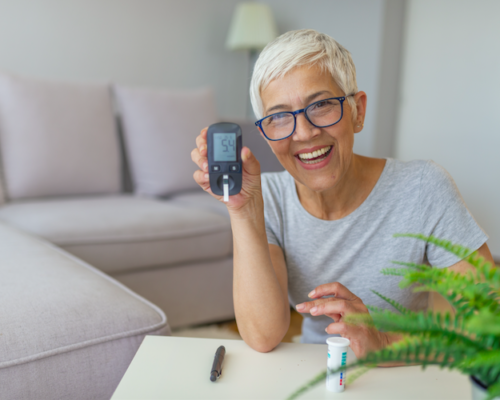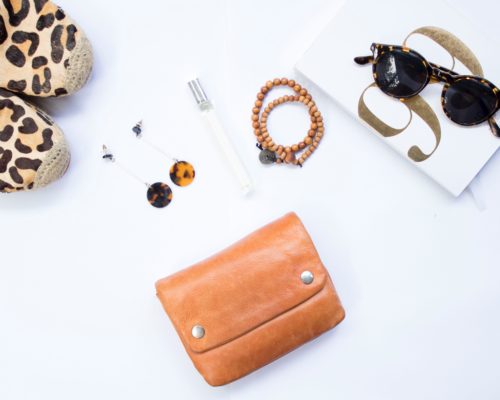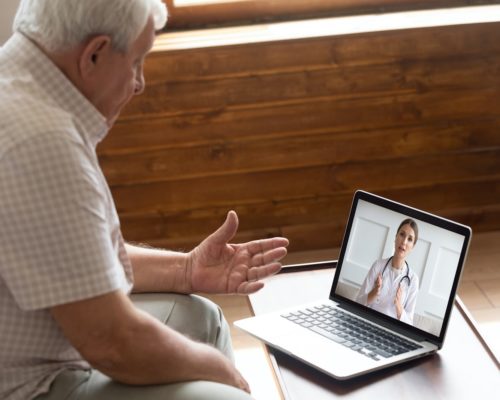Can you drink coffee if you have diabetes?
People love coffee and it’s probably safe to assume you do too. According to the Huffington Post, American’s love coffee so much that they consume 400 million cups of it per day—which comes out to 146 billion cups of coffee per year. While there are plenty of other caffeinated beverages to drink, coffee makes up 75% of all the caffeine consumed in the U.S.
Aside from the fact that folks are fond of their coffee, people are drawn to the social aspect of it. It’s part of our culture and most likely part of your morning ritual. Now if you are someone with diabetes, you are part of a large portion of the population where the effects of coffee are a little more complicated than simply keeping you awake. Let’s break down what we know about coffee and how it alters blood sugar.
Table of Contents
Coffee and Diabetes: What We Know
According to M. Regina Castor, M.D. at The Mayo Clinic, the answer for how coffee affects those with diabetes isn’t crystal clear. It can be boiled down to “it depends.”
Let’s start with the basics. For most young, healthy adults, caffeine doesn’t appear to have a noticeable effect on blood sugar (glucose) levels. Drinking up to 400 milligrams of coffee a day is, for most people, safe.
In fact, there have even been some studies that suggest drinking coffee can reduce the risk of developing type 2 diabetes—regardless of whether or not it is caffeinated. However, for people who already have diabetes, caffeine can both raise and lower blood sugar levels. That’s what makes coming to a consistent conclusion on coffee and diabetes so tricky.
According to Castor, for some people, 200 milligrams of caffeine, or the equivalent of one to two 8-ounce cups of plain, brewed coffee—may lead to lower or higher blood sugar levels.
For this reason, people who have diabetes and have a hard time controlling their blood glucose levels should limit their caffeine intake.
Studies on Diabetes and Coffee and Their Results
Harvard Study
Over the course of 20 years, a Harvard study tracked over 100,000 people to see how coffee affected the likelihood of developing type 2 diabetes. They found that people who increased their coffee intake by over one cup per day had an 11 percent lower risk of developing type 2 diabetes. The results also lead to the researchers concluding that people who reduced their coffee intake by one cup per day increased their risk of developing diabetes by 17 percent. One interesting tidbit from the study is that there was no difference in those who drank tea instead of coffee.
Caffeine Capsule Study and Genetic Study
In 2004, a study found that taking a caffeine capsule before eating leads to high post-meal blood glucose levels in people with type 2 diabetes. It also showed an increase in insulin resistance.
A separate study from 2018 concluded that there might actually be a genetic component involved in how caffeine affects blood sugar. The study concluded that people who had metabolized caffeine more slowly showed higher blood sugar levels than participants who metabolized caffeine more quickly.
Should I Drink Coffee if I Have Diabetes?
When it comes to questions regarding your diet and your diabetes, it’s best to speak with your doctor. This is especially important for foods and beverages like coffee where the effect is different on a case by case basis.
Need Help Managing Your Diabetes? Pops is Here For You!
We understand that not every day is perfect when it comes to managing your diabetes. At Pops, we want to make sure that people with diabetes have the tools they need to tell their diabetes who’s boss day in and day out. That’s why we created Rebel + Mina, the dynamic duo that will make managing your diabetes all the easier.
Rebel seamlessly combines the traditional testing kit with an innovative virtual care system. No longer do you have to wear a device that can be annoying while at work or when you’re out and about. Instead, the meter attaches easily to the phone and connects to your virtual coach via Bluetooth.
By simply pressing down quickly and confidently using the pain-free pop lancets to get a blood drop, you can confidently test your blood sugar anytime. With the touch of a button, you can see your results immediately after.
But Rebel doesn’t work alone. Mina acts as your own personal virtual assistant, reminding you to test your blood sugar regularly, as well as keep track of goals and offer encouragement all from your back pocket. You can even add family, friends, and your care team to Mina’s list of people to receive notifications so that the people who care about you most can always have transparency on how you’re doing. Like how your friends, family, and other loved ones will be there for you, so will Mina. Mina will help you create positive patterns in your everyday life to lead to better diabetes management.
If you’re interested in trying out Rebel, download this card and give it to your HR department. Or, you can have them reach out to us directly. We’re looking forward to getting the conversation started!













